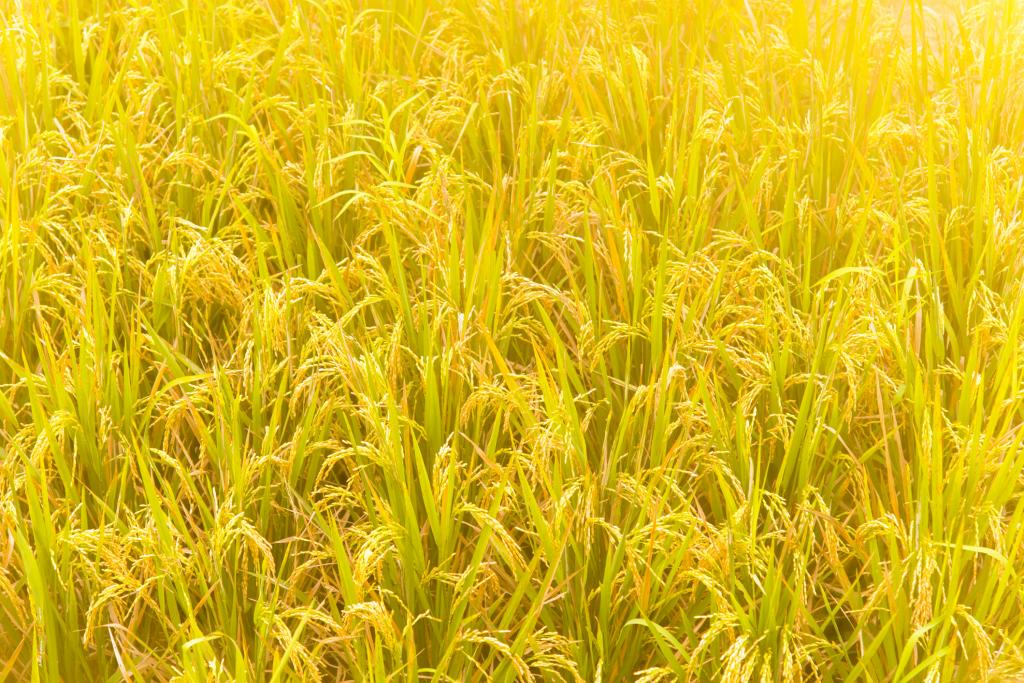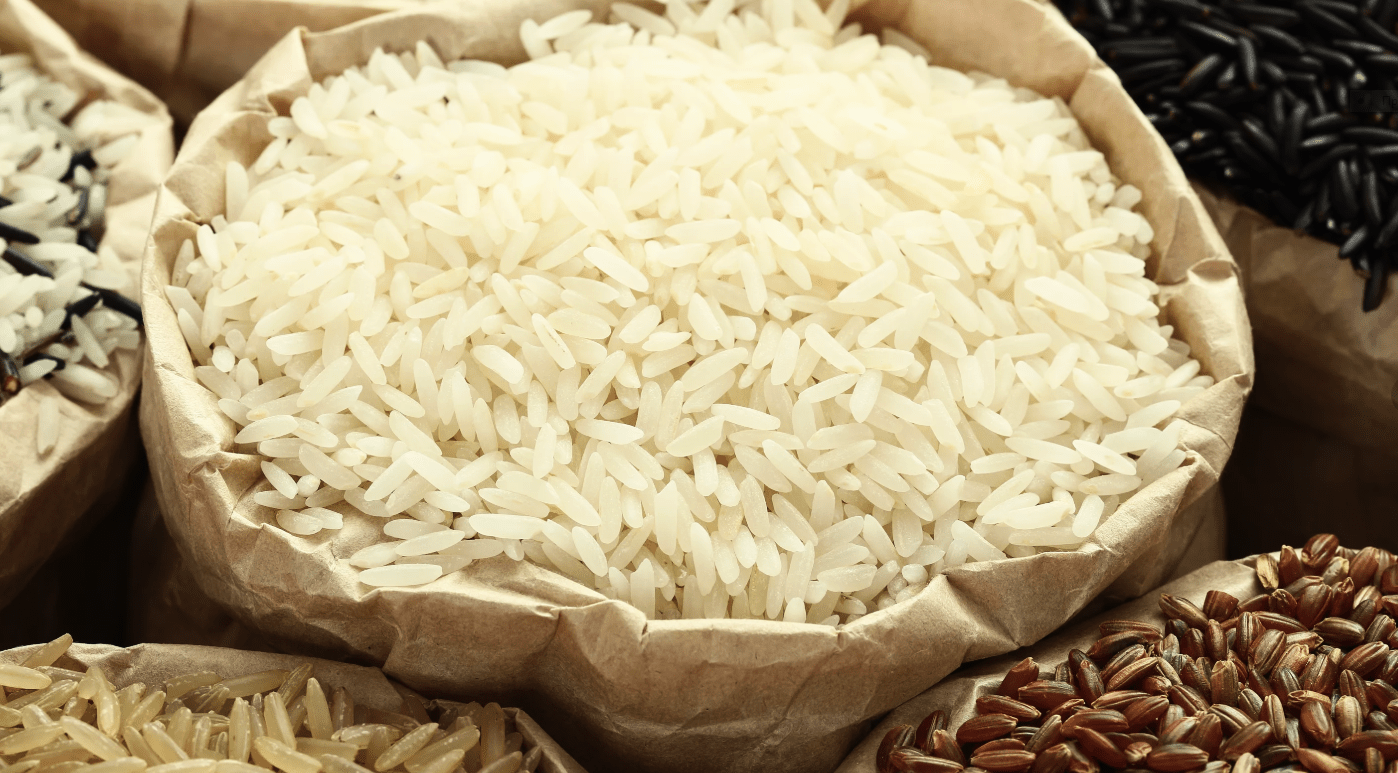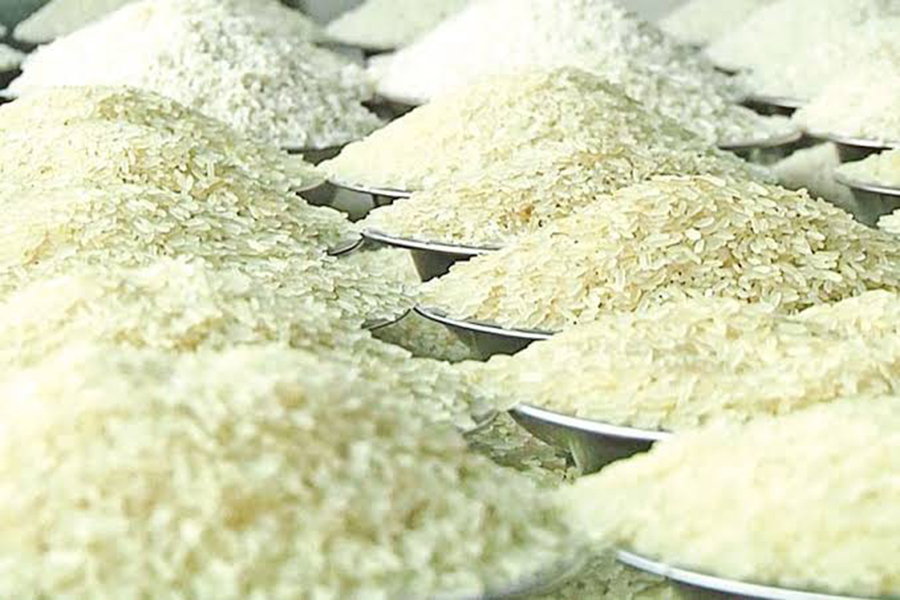Tags
What is golden rice — and why has a Philippine court put a stop to its commercial production?
Court of Appeals recently revoked biosafety permits for genetically modified golden rice and Bt eggplant until all safety, health and legal issues have been addressed

The Court of Appeals found the Philippine government did not establish mechanisms to monitor the safety of growing and consuming golden rice. Photo: iStock.
A court in the Philippines recently revoked biosafety permits for commercial propagation of genetically modified golden rice and Bt eggplant. The decision is circulating in the international media, as proponents of GM crops have claimed the decision may have disastrous consequences for children with vitamin A deficiency, ignoring the safety violations noted by the court.
Golden rice, so named because of its rich yellow colour, was genetically engineered to contain higher levels of the micronutrients iron and zinc in the grains while also producing beta-carotene, a precursor to vitamin A.
In 2021, the Philippines became the first country to approve commercial production of the rice variety. However, non-profit organisations such as Greenpeace and local farmers protested the decision.
On April 17, 2024, Court of Appeals of the Philippines (CA) issued a cease and desist order and ordered a stop to the commercial propagation, field testing and conduct of activities related to golden rice and Bt eggplant until all safety, health and legal issues have been addressed.
The court stopped production of the crops “until such time that the concerned respondent government agencies submit proof of safety and compliance with all legal requirements.” It also determined that the government did not establish mechanisms to monitor the safety of growing and consuming golden rice. The decision also prohibited new field testing in greenhouses or open fields until an approved monitoring scheme was in place.
Golden rice was developed by Philippine Rice Research Institute (PhilRice) and Bt eggplant was developed by University of the Philippines Los Banos (UPLB).
“The CA has upheld the constitutional rights of Filipinos and the government’s duty to serve the interests of the people rather than those of agrochemical companies,” Greenpeace said in a statement welcoming the decision.
A petition for ‘Writ of Kalikasan’ was filed on October 17, 2022 by non-profit corporations, a coalition of local farmers, scientists and non-government organisations and “advocates of sustainable use of biodiversity, concerned consumers and citizens.” The Writ of Kalikasan provides protection of one’s constitutional right to a healthy environment.
The petitioners were farmer and scientist network Magsasaka at Siyentipiko Para Sa Pag-Unlad ng Agrikultura; Greenpeace Southeast Asia—Philippines; Southeast Asia Regional Initiatives For Community Empowerment; Climate Change Network For Community-Based Initiatives, among others.
In addition to UPLB and PhilRice, the respondents to the petition included the Department of Agriculture, the Department of Environment and Natural Resources, Department of Health, and Bureau of Plant Industry.
“We acknowledge the Court of Appeals decision regarding the Writ of Kalikasan proceedings against Golden Rice, and we are reviewing the implications of this to prepare our response,” said John C de Leon, DA-PhilRice executive director.
The decision means DA-PhilRice must stop the commercial propagation and/or the conduct of activities relating to Golden Rice under the issued biosafety permit.
Reacting to the court order, UPLB said the university respected the decision and coordinated with the office of the solicitor general for the proper course of action.
“UPLB has consistently complied with all government standards and protocols under the National Biosafety Framework and related guidelines in the development of Bt eggplant technology. This innovation is UPLB’s response to the urgent need to make eggplant production safer for farmers and the consuming public, increase farmers’ productivity and income, and improve the environment of the Philippines’ eggplant-producing communities,” read the UPLB statement on Bt eggplant.
The World Health Organization has classified vitamin A deficiency as a public health problem affecting about one third of children aged 6 to 59 months in 2013, with the highest rates in sub-Saharan Africa (48 per cent) and South Asia (44 per cent).
https://www.downtoearth.org.in/news/world/what-is-golden-rice-and-why-has-a-philippine-court-put-a-stop-to-its-commercial-production--96387Published Date: May 28, 2024






